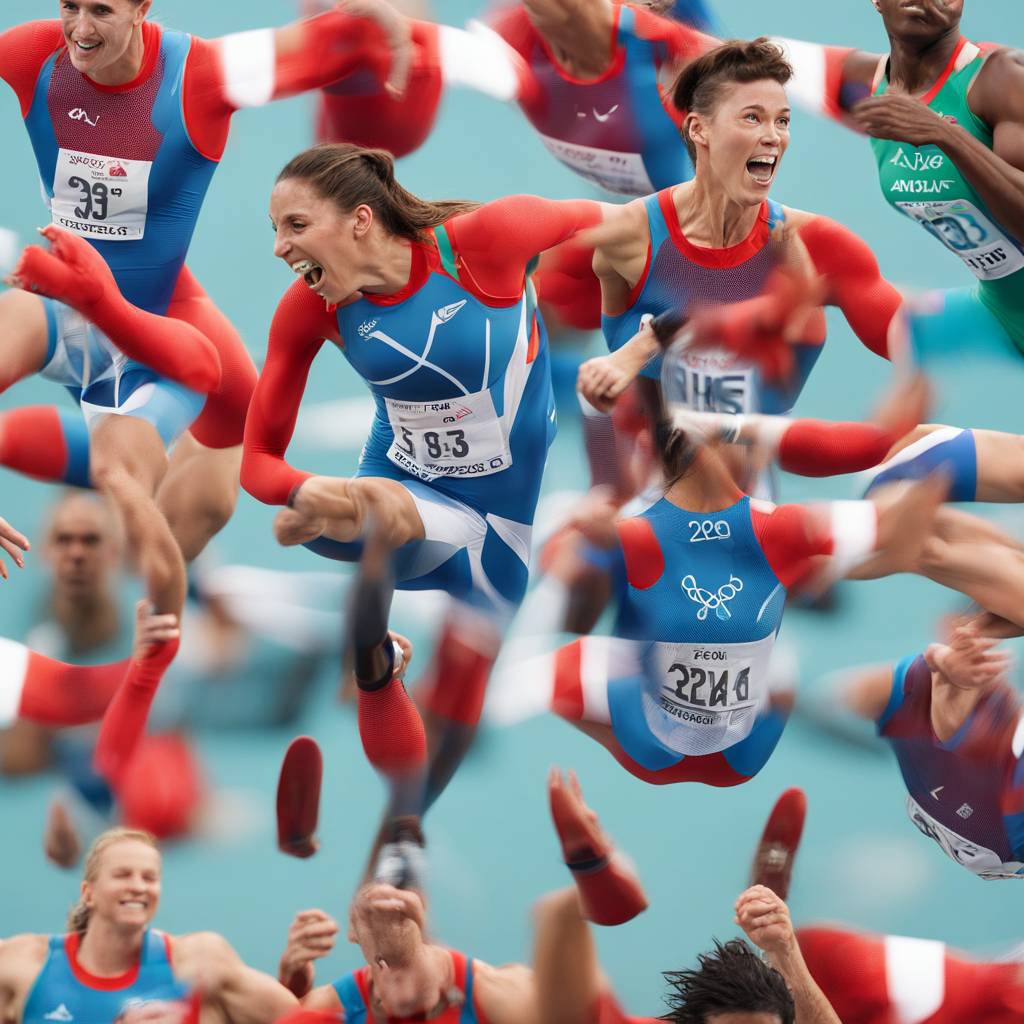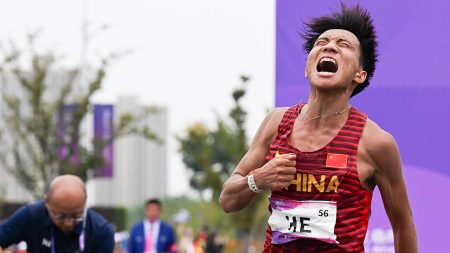The participation of transgender athletes in women’s sports has been a significant topic of debate, particularly after former University of Pennsylvania swimmer Lia Thomas, a transgender woman, gained attention in 2021. This led to discussions within sports governing bodies regarding their policies on transgender athlete participation. In November 2021, the International Olympic Committee (IOC) released a revised policy recommendation aimed at fostering gender equality and inclusion in sports. This policy prompted changes in various sports governing bodies as they reevaluated their existing policies.
The IOC released the “Framework on Fairness, Inclusion and Non-Discrimination on the Basis of Gender Identity and Sex Variations” in November 2021 after a two-year consultation process involving input from athletes, human rights experts, legal professionals, and medical experts. This framework consisted of 10 principles that outlined recommendations for individual sports to consider when establishing their own eligibility requirements for transgender athletes. The IOC emphasized that each sport’s governing body should determine how transgender athletes might have a potential advantage based on the nature of the sport, instead of issuing blanket regulations for all sports.
The IOC’s framework aimed to provide a principled approach for each sports governing body to develop eligibility criteria that respected internationally recognized human rights, robust evidence, and athlete consultation. It emphasized the importance of creating a safe and harassment-free environment for all athletes while ensuring fair competition. The framework included principles such as inclusion, prevention of harm, non-discrimination, fairness, evidence-based approach, and the right to privacy. It replaced a 2015 policy that required transgender athletes transitioning from male to female to meet certain criteria, such as hormone levels and gender identity declaration.
Several sports governing bodies made changes to their policies following the release of the IOC framework. World Aquatics banned transgender athletes from competing in women’s events if they had experienced male puberty beyond Tanner Stage 2 or before age 12. Cycling’s governing body (UCI) also updated its policy to bar transgender athletes who transitioned after male puberty from competing in women’s events. World Athletics adopted a similar policy to World Aquatics, citing the need to protect the integrity of women’s sports. These changes reflect an ongoing wave of adjustment within the sports world in response to the inclusion of transgender athletes.
World Athletics President Sebastian Coe defended his organization’s policy on transgender athlete participation, emphasizing the importance of preserving the integrity of the female category in sports. Coe noted that the regulations are intended to maintain fairness and prevent any unfair advantage for transgender athletes. The continued debate surrounding transgender athlete participation in women’s sports highlights the complexities and challenges faced by sports governing bodies as they navigate issues of inclusion, fairness, and gender equality. The evolving policies and discussions in the sports world underscore the ongoing efforts to address these sensitive and important issues.















